New Scientist Live! Hersenziekten in Tivoli
On Tuesday the 17th of May UMC Utrecht Brain Center and New Scientist organized ‘NewScientist Live! Hersenziekten in TivoliVredenburg. Several colleagues focused on the technologies of the future. It was an interesting evening, filled with exciting and necessary advances in brain research and patient care.
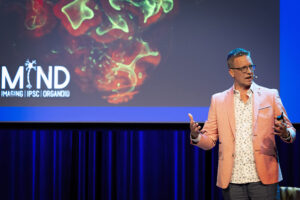
Foto: Bob Bronshoff
Foto: Bob Bronshoff
Prof. dr. Jeroen Pasterkamp and PhD student Tiziana Hey, from our own Translational Neuroscience department, starred on stage. Jeroen Pasterkamp started the evening off, highlighting important microscopic and organoid research performed in his lab. Tiziana Hey, together with 2 fellow young scientists, closed the evening, explaining research with the use of single cell sequencing techniques. Interested in reading more about this informative evening? You can find a summary of the evening on the website of New Scientist or watch the aftermovie (in Dutch).
“Brain research is like a black box: one big fascinating puzzle” T. Hey
We are very glad to disseminate the knowledge generated at the UMC Utrecth Brain Center.
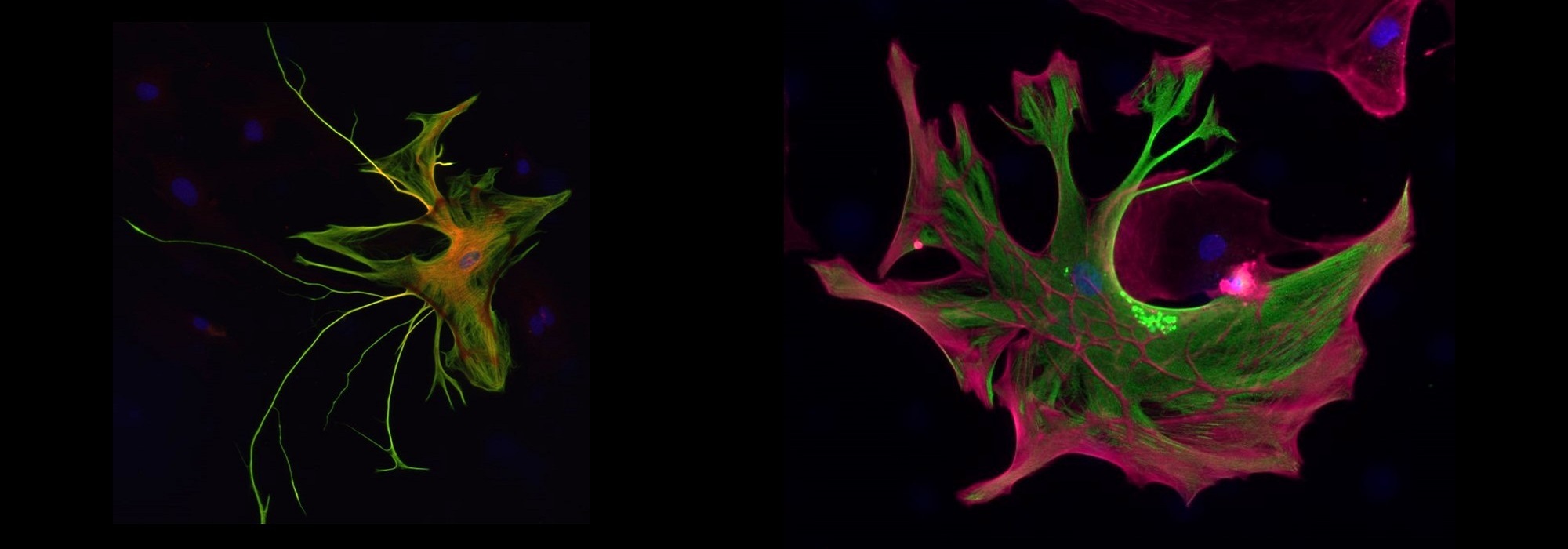
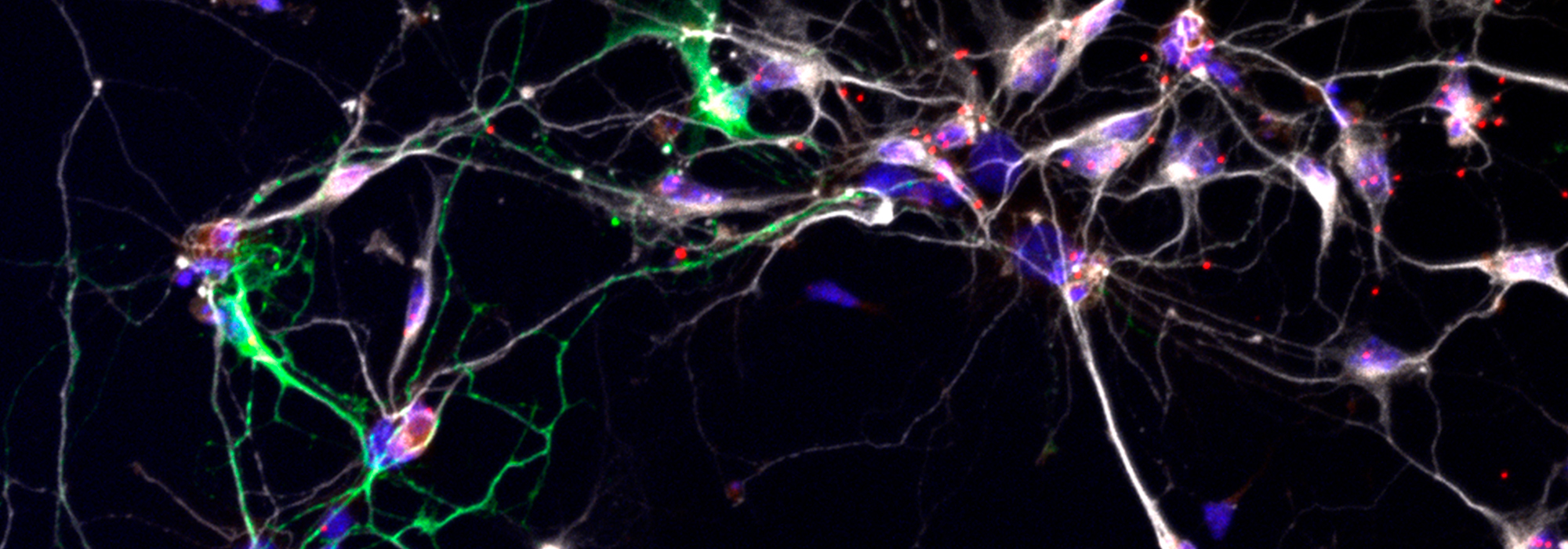
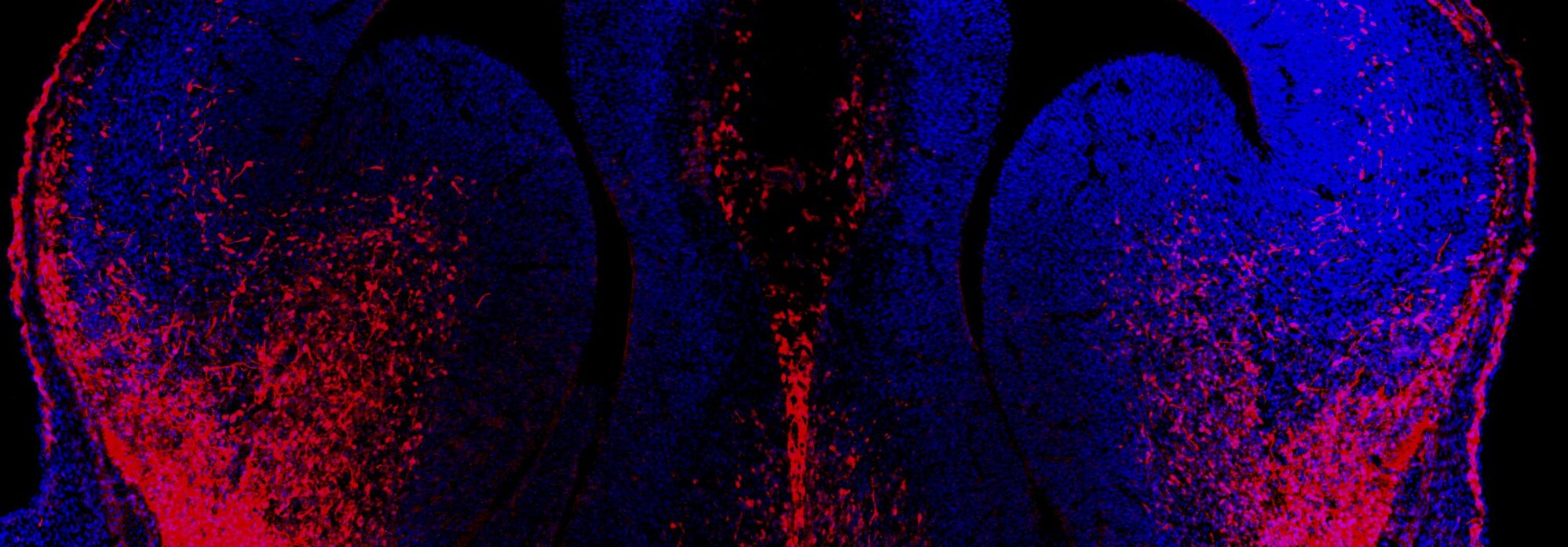
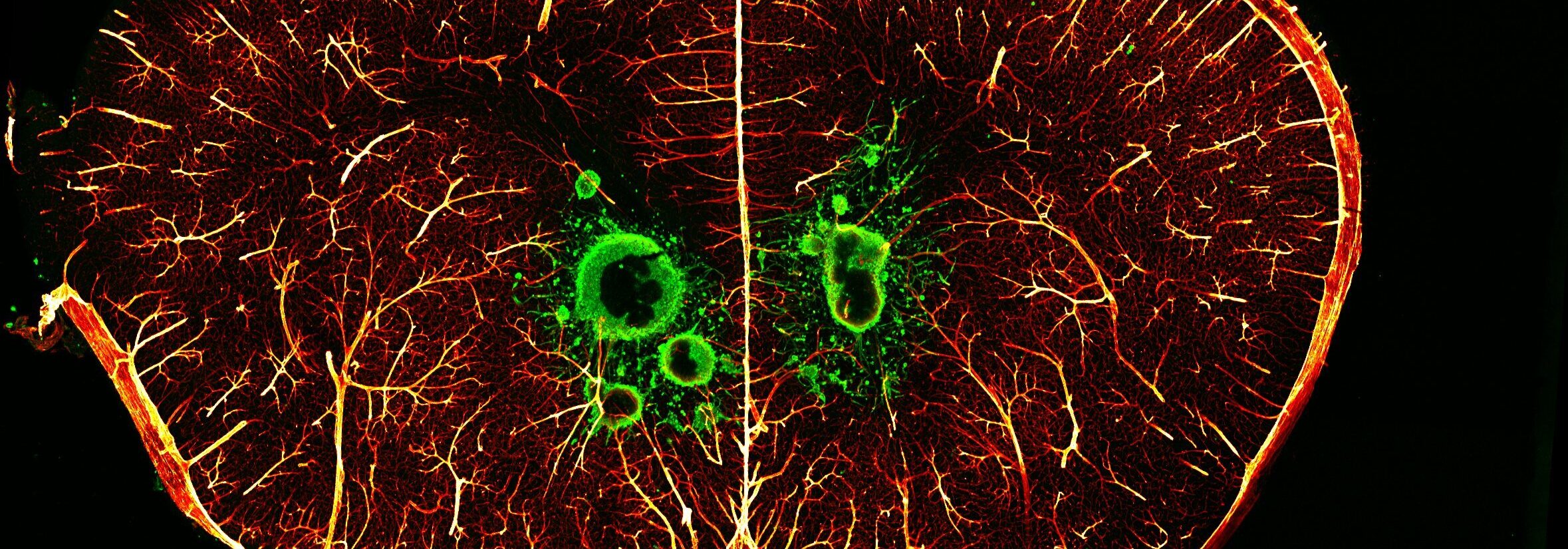



 “It was a great closure of 4.5 years of work with lots of research, learning, travelling, fun, ending in such an unforgettable day.”
“It was a great closure of 4.5 years of work with lots of research, learning, travelling, fun, ending in such an unforgettable day.”